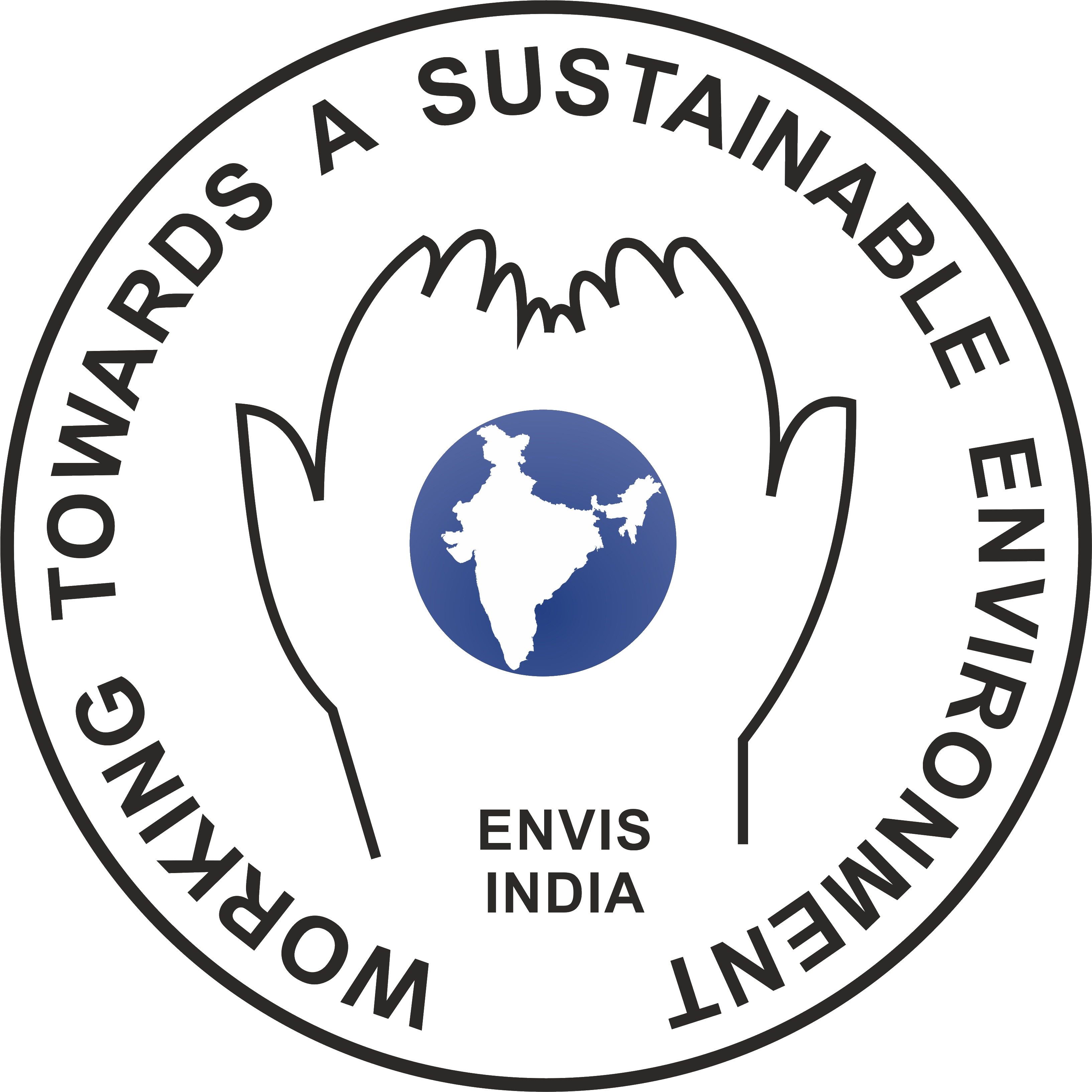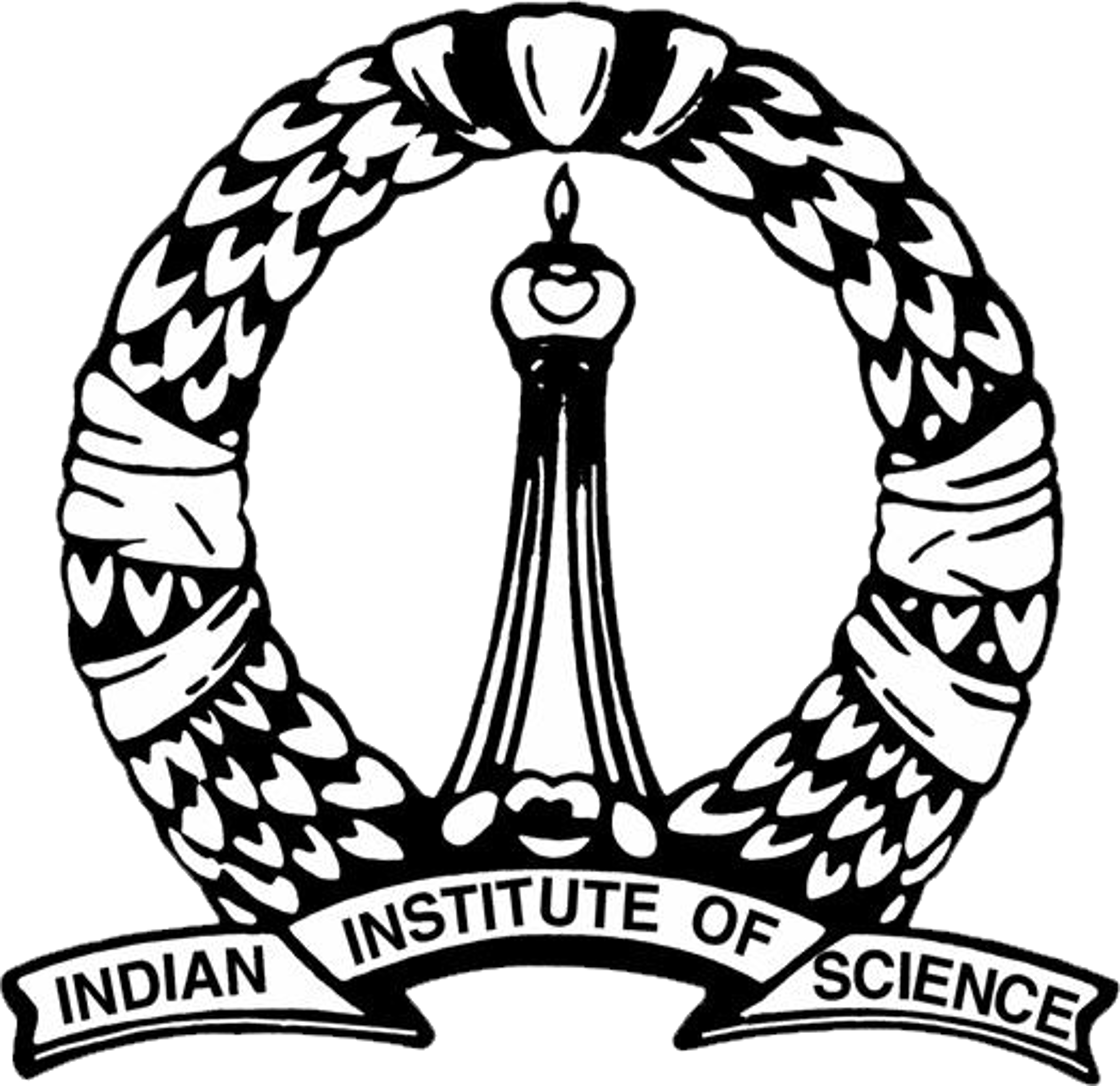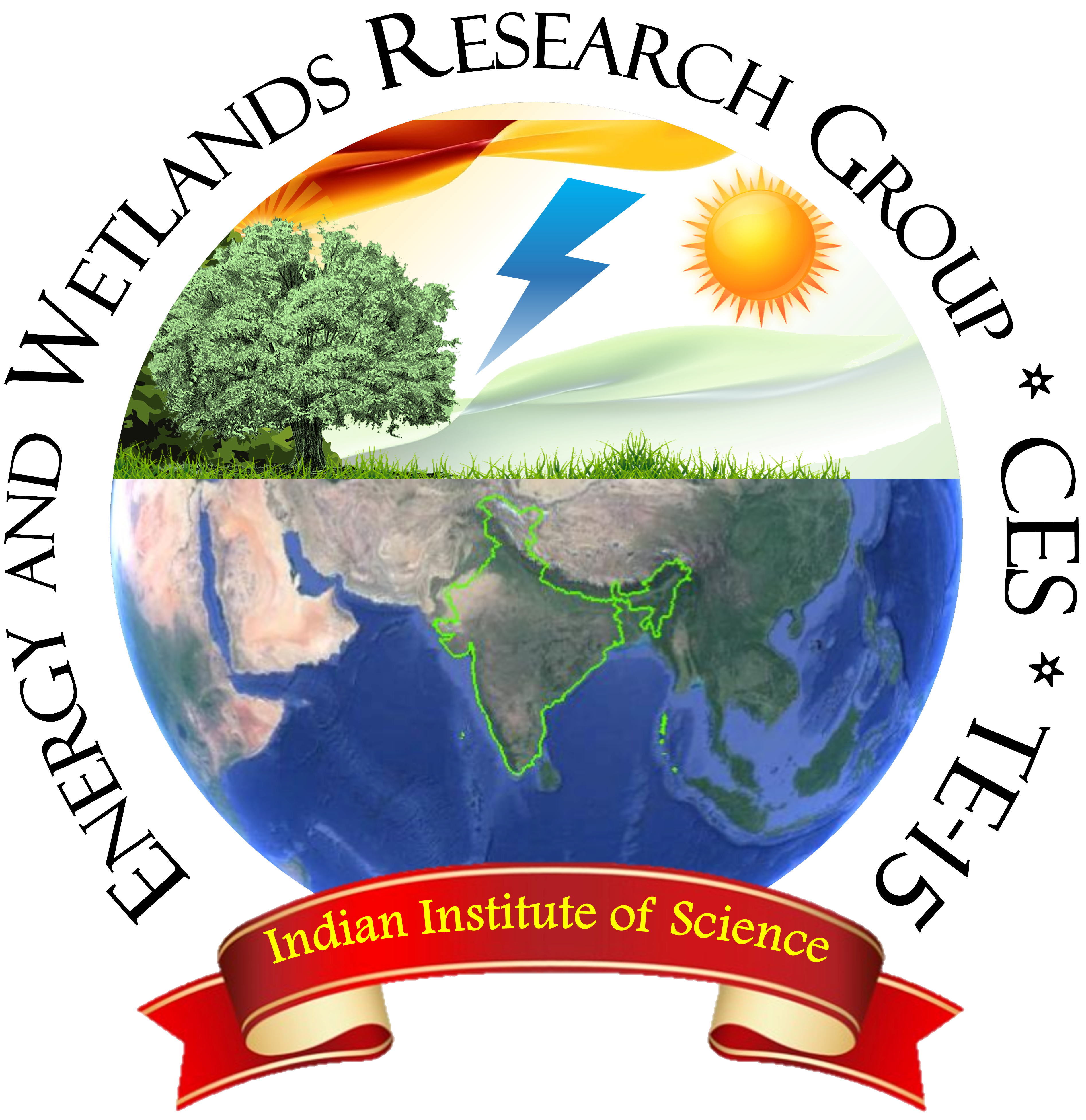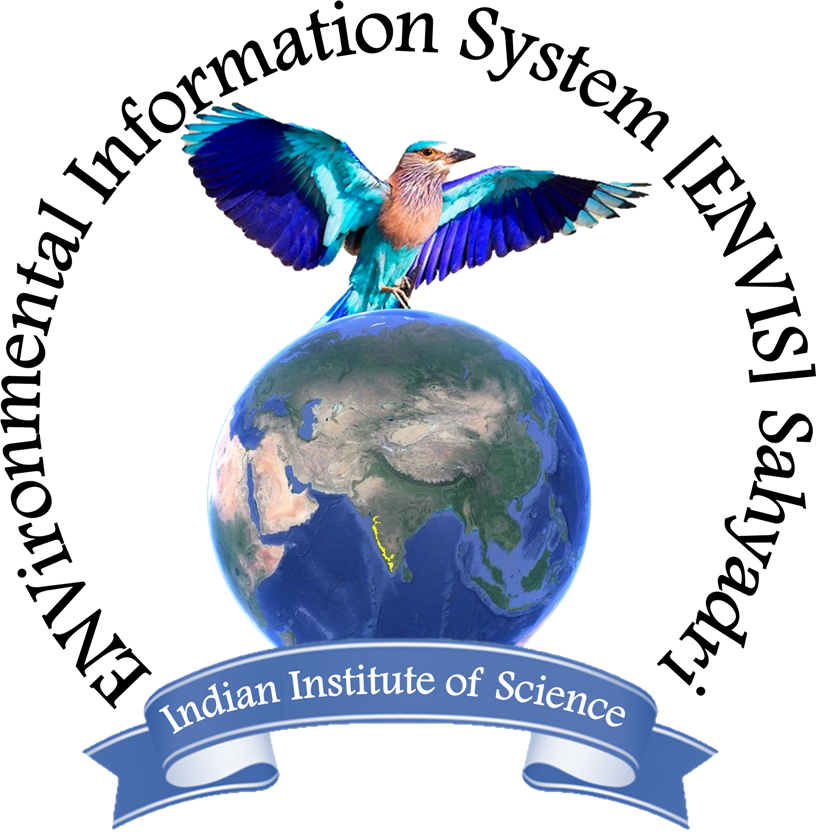Rejuvenation & Sustainable Management of Gokarna Temple Pond - KotiteerthaCite
Ramachandra T V, Durga Madhab Mahapatra, Subash Chandran M D, Sincy V, Asulabha K S, Rao, G R, Vishnu D. Mukri, Akhil C A
ENVIS[RP], Environmental Information System, Energy and Wetlands
Research Group,
Centre for Ecological Sciences, Indian Institute of Science -
560012
envis.ces@iisc.ac.in
tvr@iisc.ac.in Phone:
080 22933099/22933503
6.0 REFERENCES
Arya S, Kumar V, Raikwa M, Dhaka A and Minakshi. (2011), Physico-chemical Analysis of Selected Surface Water Samples of Laxmi Tal (Pond) inJhansi City, UP, Bundelkhand Region, Central India, J. Exp. Sci. 2,8: 1-06.
APHA. (2000), Standard methods for the Examination of water and waste water, 10th Edition, American Public Health Association, Washington DC.
C.D.K. Cook, Aquatic and Wetland Plants in India(Oxford University Press, Oxford, 1996).
Chaturvedi V and Kumar A. (2011), Diversity of culturable sodium dodecyl sulfate (SDS) degrading bacteria isolated from detergent contaminated ponds situated in Varanasi city, India, Intel. Biodeterioration Biodegradation, 65: 961-971.
Chaurashiya M and Pandey GC. (2007), Study of Physico-chemical Characteristic of Some Water Ponds of Ayodhya- Faizabad, Indian J. Environ. Prot. 27, 11:1019-1029.
Gupta AK, Mishra K, Kumar P, Singh C and Srivastava S. (2011). Impact of religious activities on the water characteristics of prominent ponds at Varanasi (UP.), India Plant Arch., 11,1: 297-300.
Lund JWG (1965) The ecology of fresh water phytoplanktons. Biol Rev 40:231-293
Mahananda MR, Mohanty BP and Behera NR. (2010), Physico-chemical analysis of surface and ground water of Bargarh District, Orissa, India, Intel. J. Res. Rev. Appl.Sci., 2, 3.
Mahapatra DM, Chanakya HN and Ramachandra TV. (2011a). Assessment of Treatment capabilities of Varthur Lake, Bangalore. International Journal for Environment, Technology and Management. UNESCO. 14, 1-4:84-102.
Mahapatra DM, Chanakya HN and Ramachandra TV. (2011b). C:N ratio of Sediments in a sewage fed Urban Lake. International Journal of Geology. 5,3:86-92.
Mahapatra DM, Chanakya HN and Ramachandra TV. (2011c). Role of Macrophytes in urban sewage fed lakes. Institute of Integrative Omics and Applied Biotechnology. 2,7: 1-9.
Mahapatra DM, Chanakya HN, Ramachandra TV (2013). Treatment efficacy of Algae based sewage treatment plants. Environmental Monitoring and Assessment
Mehta P. (2013), Alteration in water quality parameters and consequential impacts due to festival waste in jodhpur, Intl. J. Sci. Tech. 17,1: 1166-1176.
Pal A, Sinha DC, and Rastogi N. (2012), Gerris spinolaeLethierry and Severin (Hemiptera: Gerridae) and Brachydeutera longipesHendel (Diptera: Ephydridae): Two Effective Insect Bioindicators to Monitor Pollution in some Tropical Freshwater Ponds under Anthropogenic Stress, Hindawi publishing corporation psyche, Res Article, 818490, pp. 10
Palmer CM (1969) A composite rating of algae tolerating organic pollution. J Phycol 5:78-82
Raju NJ , Shukla UK and Ram P. (2011), Hydrogeochemistry for the assessment of groundwater quality in Varanasi: a fast-urbanizing center in Uttar Pradesh, India, Environ. Monit. Assess. 173, 279-300.
Rajashhri Ray, M D Subhash Chandran, Ramachandra. T.V, Hydrological importance of sacred forest fragments in Central Western Ghats of India, Tropical Ecology, Volume 56(1) 2014, 87-99
Ramachandra TV and Ahalya N. (2001). Essentials of Limnology and Geographical Information System (GIS). Energy and Wetlands Research Group, Center for Ecological Sciences, Indian Institute of Science, Bangalore.
Ramachandra TV and Solanki M (2007), Ecological assessment of lentic water bodies of Bangalore. Technical Report 25, CES, Bangalore.
Ramachandra TV, Ahalya N, and Payne M, (2003).Status of Varthur lake: Opportunities for restoration and sustainable management. Technical report 102. Centre for Ecological Sciences, Indian Institute of Science, Bangalore,
Ramachandra TV, Asulabha K S, Sincy V, Vinay S, Sudarshan P. Bhat and Bharath H Aithal, (2015). Sankey Lake: Waiting for an immediate sensible action, ENVIS Technical Report 74, CES, Indian Institute of Science, Bangalore 560012.
Ramachandra TV. (2005) Conservation, restoration and management of aquatic ecosystems, In Aquatic Ecosystems - Conservation, Restoration and Management, Ramachandra, Ahalya N. and Rajasekara Murthy (ed.), Capital Publishing Company, New Delhi.
Ramachandra, T. V., 2001, Restoration and management strategies of wetlands in developing countries. Electronic Green Journal, 1(15).
Ramachandra, T. V., and Rajinikanth, R., (2005), Economic valuation of wetlands. Journal of Environmental Biology, 26, 3: 439-447.
Ramachandra T V, Subash Chandran M D, Ananth Ashisar, Rao G R, Bharath Settur, Bharath H Aithal, Sreekanth Naik, Prakash Mesta, 2012, Tragedy of the Kan Sacred Forests of Shimoga District: Need for Urgent Policy Interventions for Conservation, CES Technical Report 128, Centre for Ecological Sciences, Indian Institute of Science, Bangalore
-
Sharma KK, Shvetambri PVerma and Sharma SP . (2009), Physico-chemical assessment of three freshwater ponds of Jammu (J&K), Curr. World Environ., 4, 2: 367-373.
Vyas LN, Kumar HD (1968) Studies on phytoplankton and other algal of India Sagar Tank, Udaipur, India. Hydrobiologia 31:421-434


 Sahyadri ENews Issues: I - LXXVIII
Sahyadri ENews Issues: I - LXXVIII
